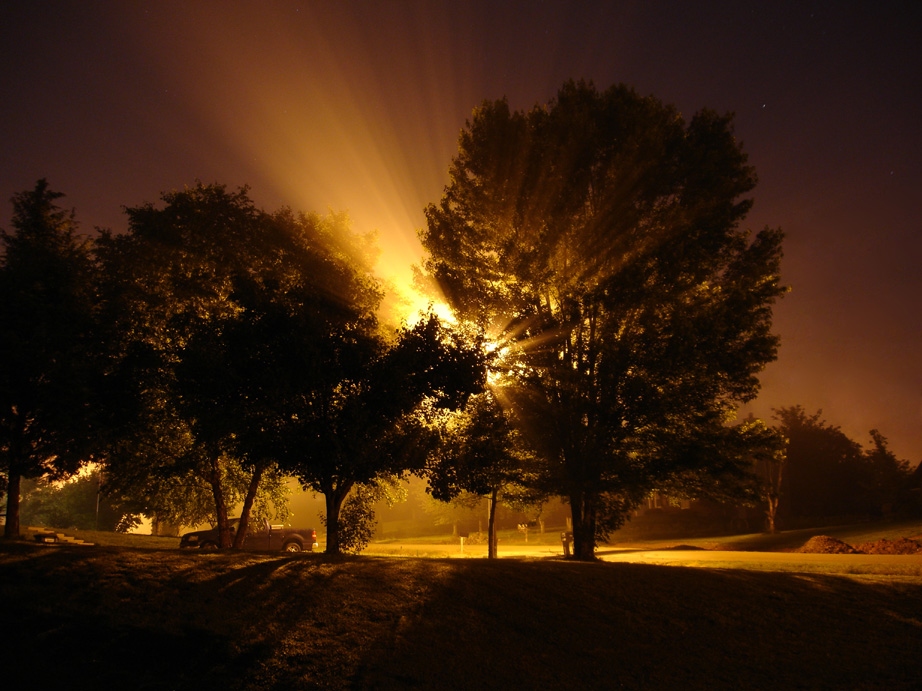
‘In 2022, there was no place in Poland that could be considered free of light pollution. As much as 58 % of Poland’s population has no chance to see the Milky Way, and for 20 % of the country’s population the night sky is so bright that the eyesight remains in daytime mode for 24 hours a day’, alarm the authors of the report ‘Light pollution in Poland. Report 2023’.
The document, co-authored by Dr Tomasz Ściężor of the Faculty of Environmental Engineering and Energy at the Krakow University of Technology (PK), was published by the Space Research Centre of the Polish Academy of Sciences and the Light Pollution Think Tank, in which the PK expert is active.
‘Excessive light in the environment affects the functioning of plants and animals, but also humans. Exposure to light at night disturbs our internal biological clock, which is followed, for example, by sleep and metabolic disorders, one of the more common civilisation diseases’, emphasises Dr Tomasz Ściężor from PK.
Read more:









